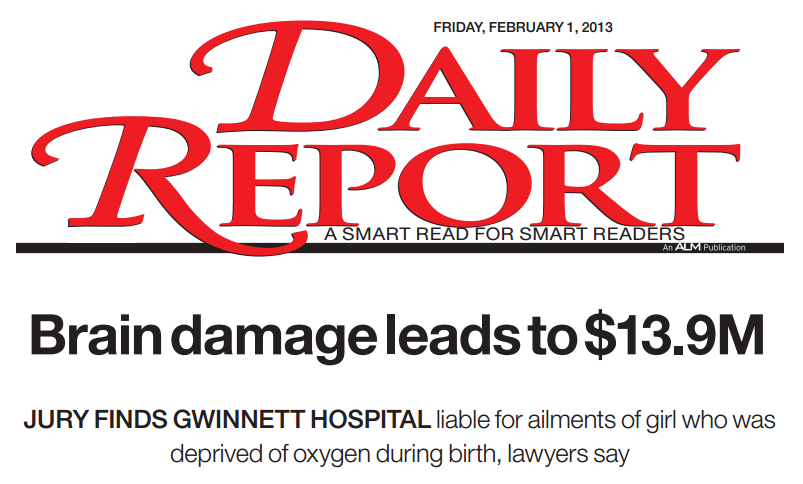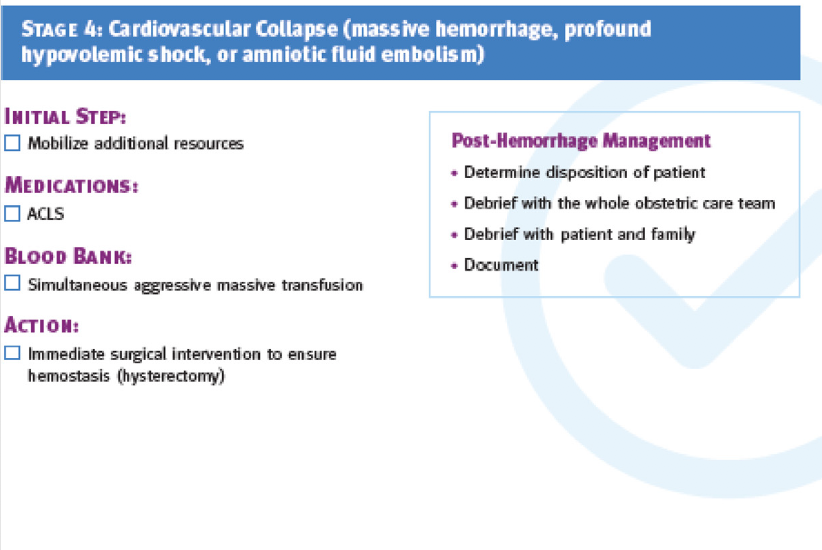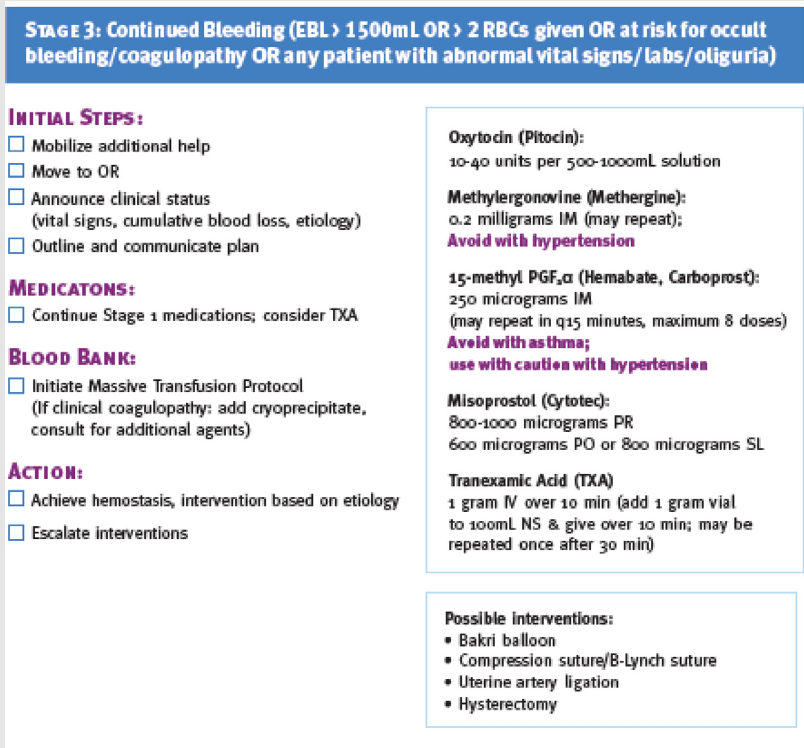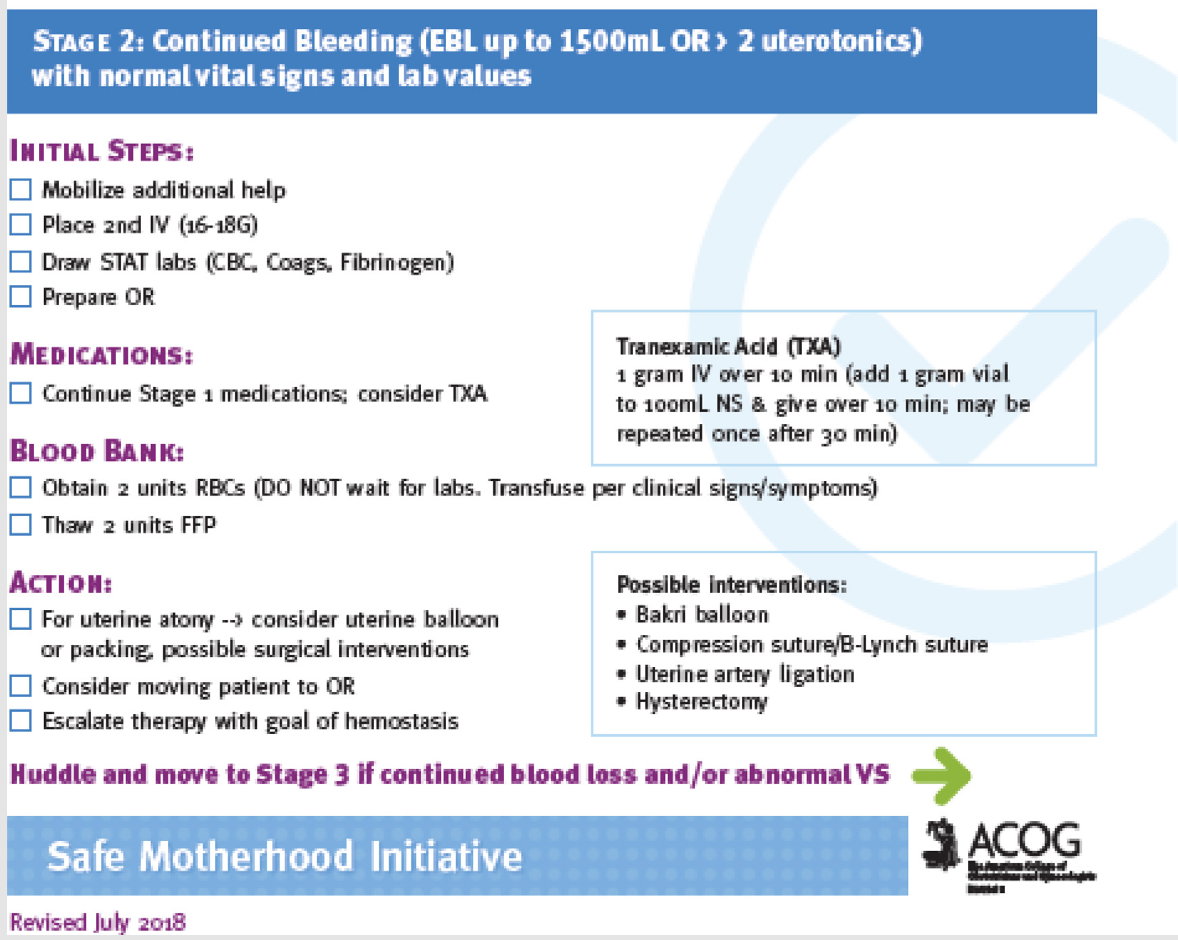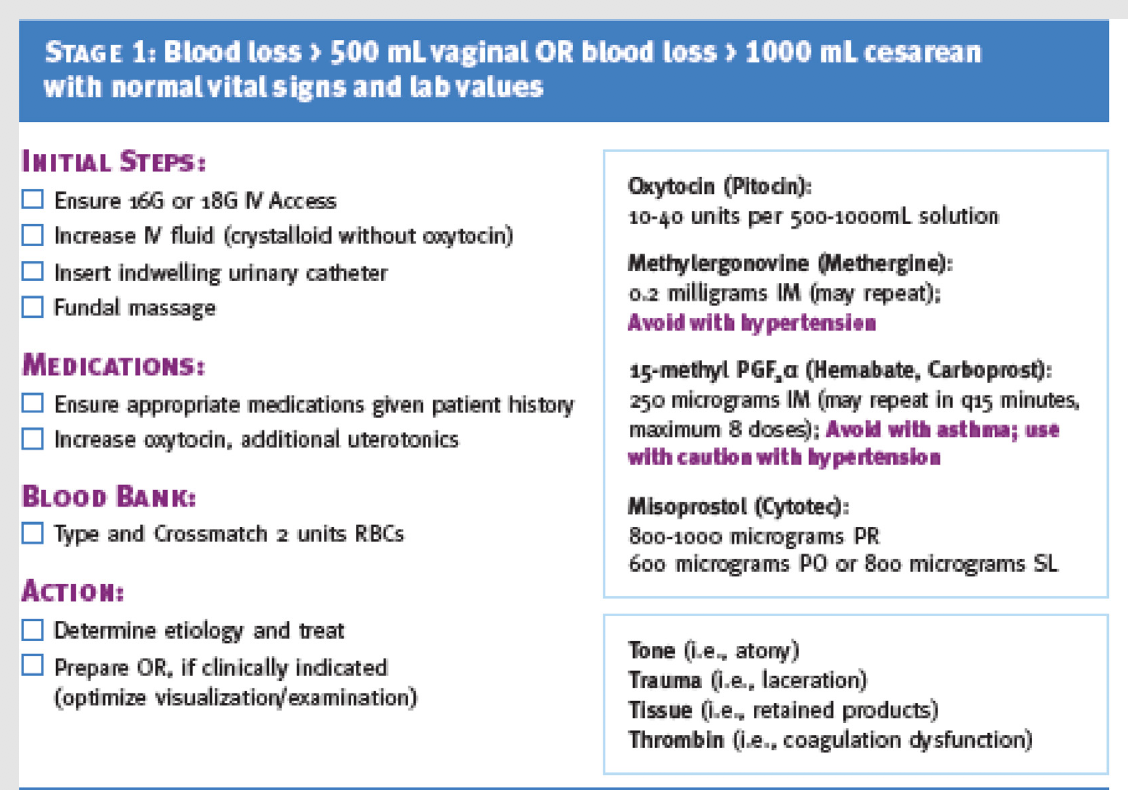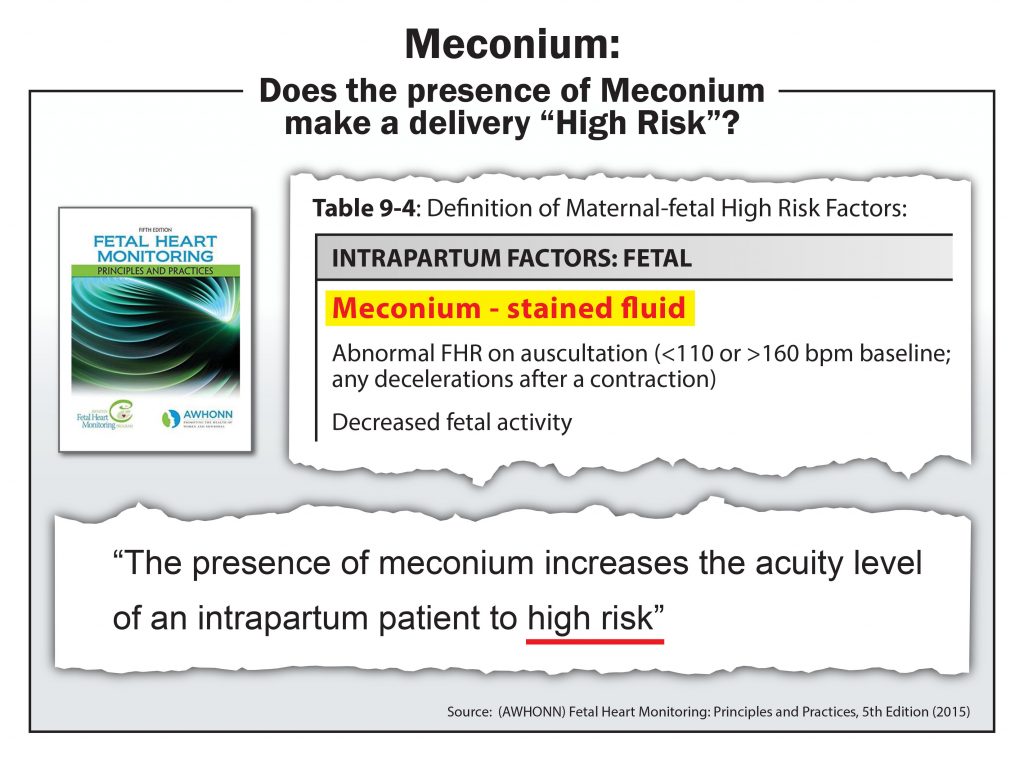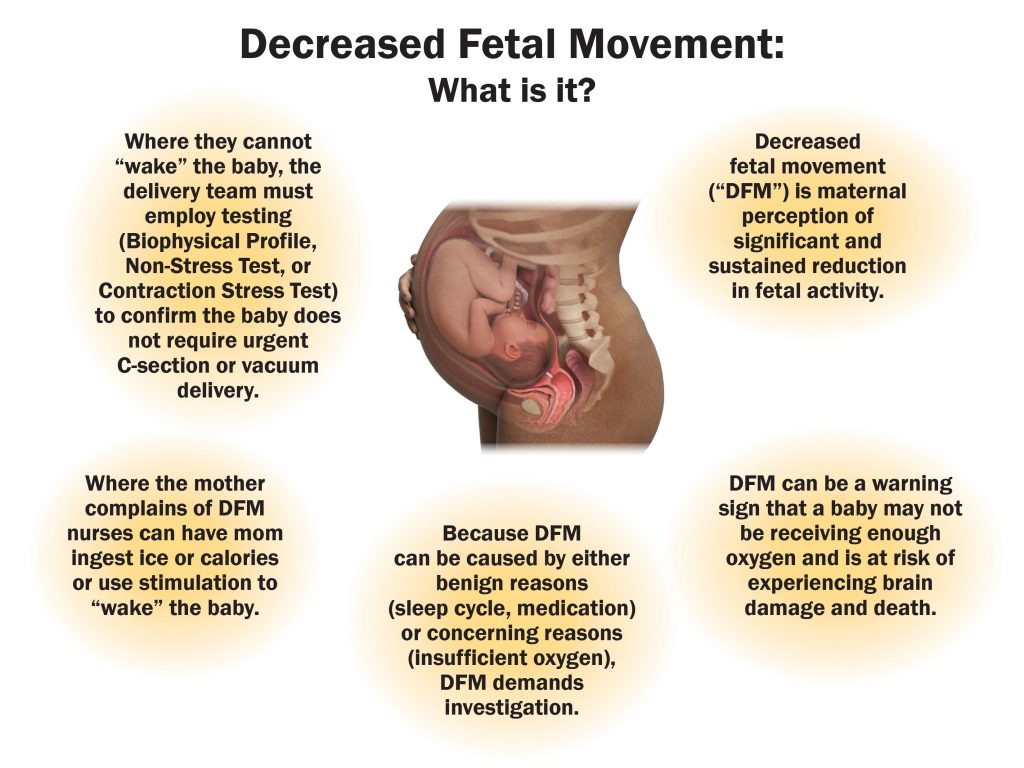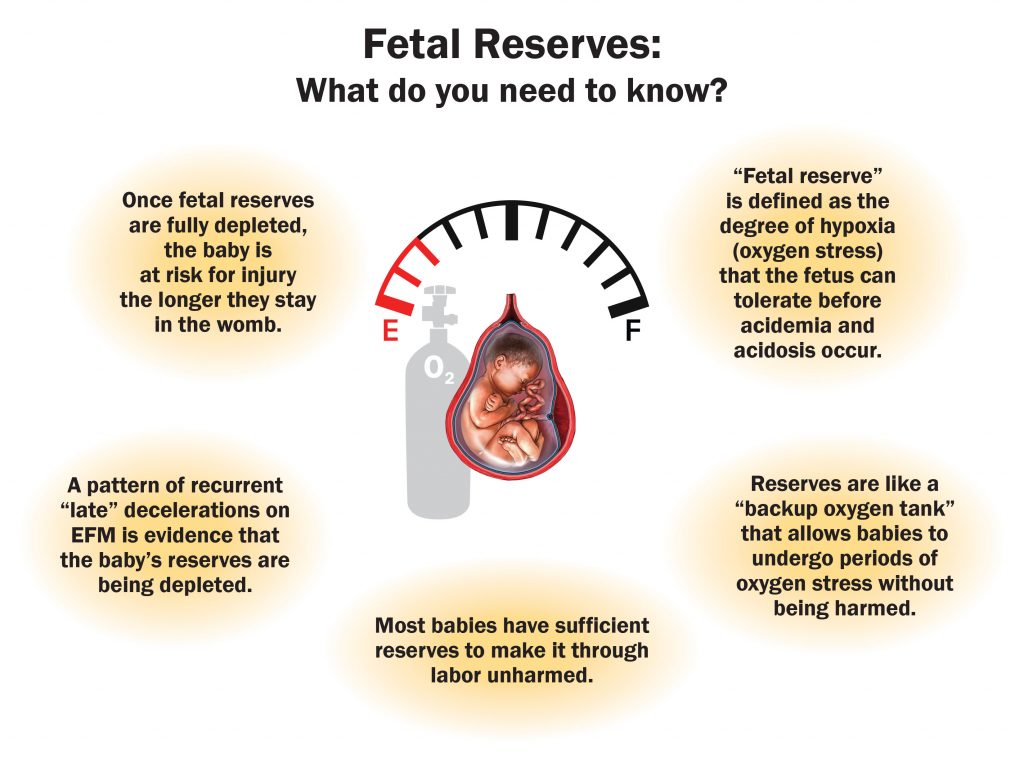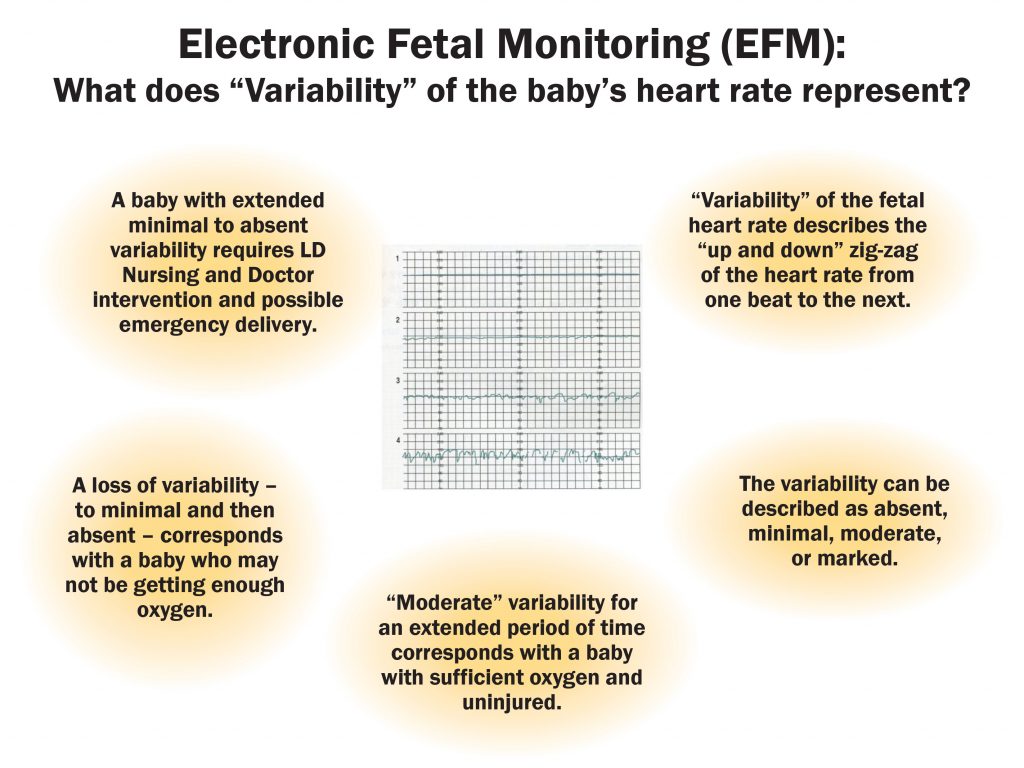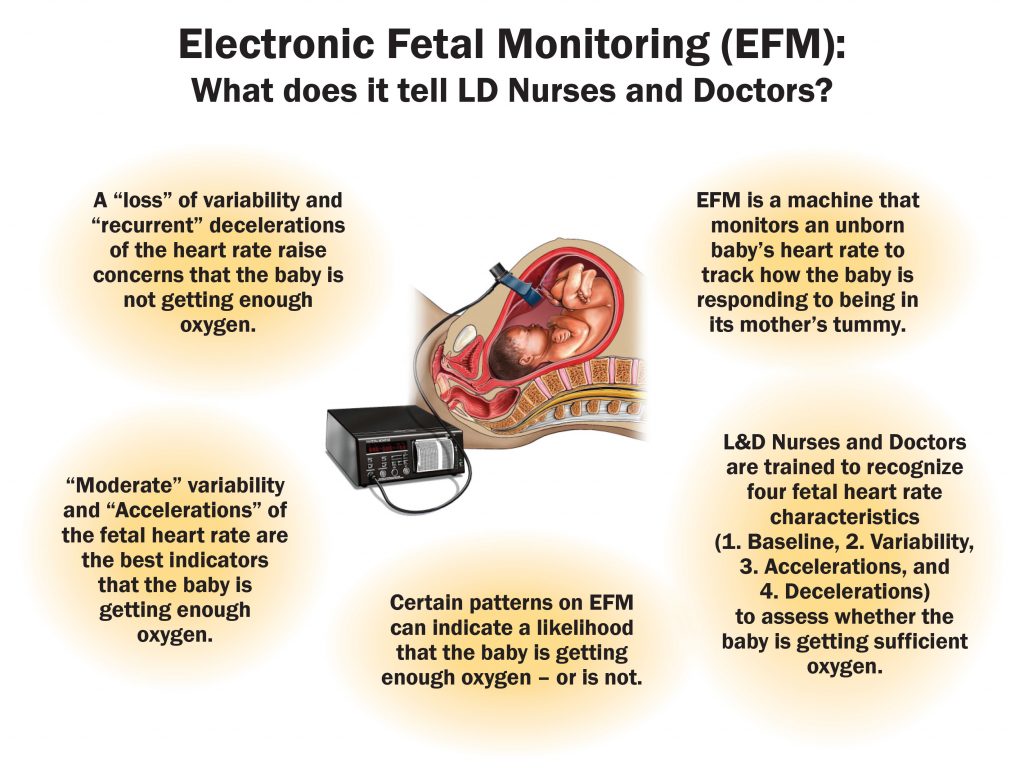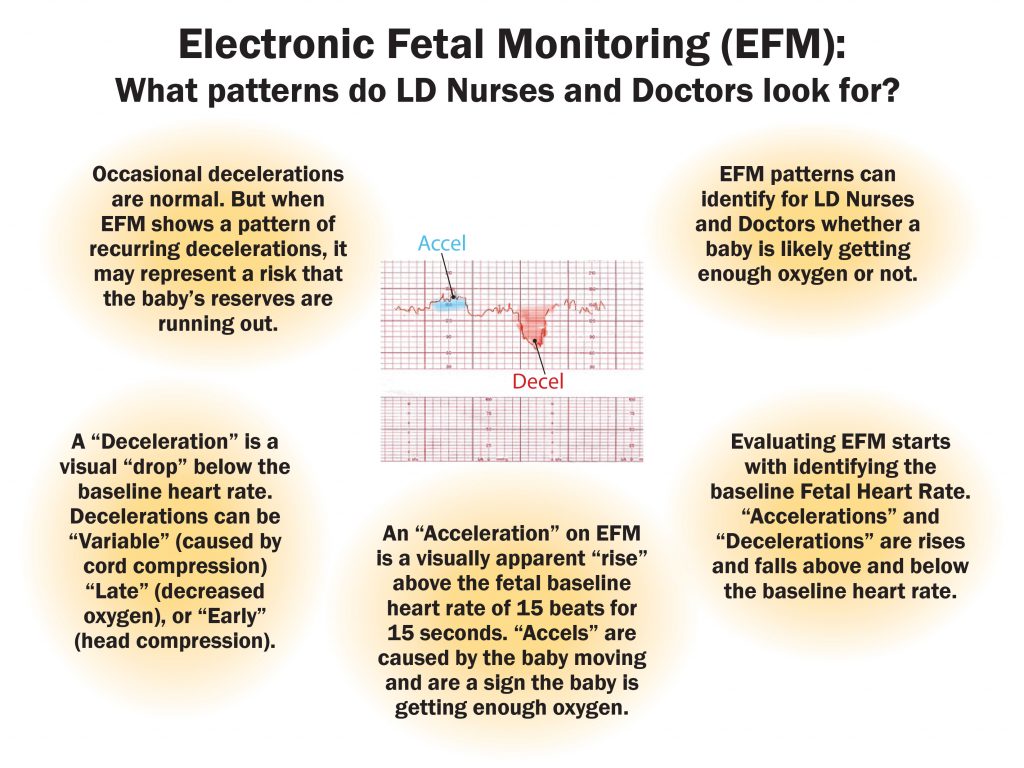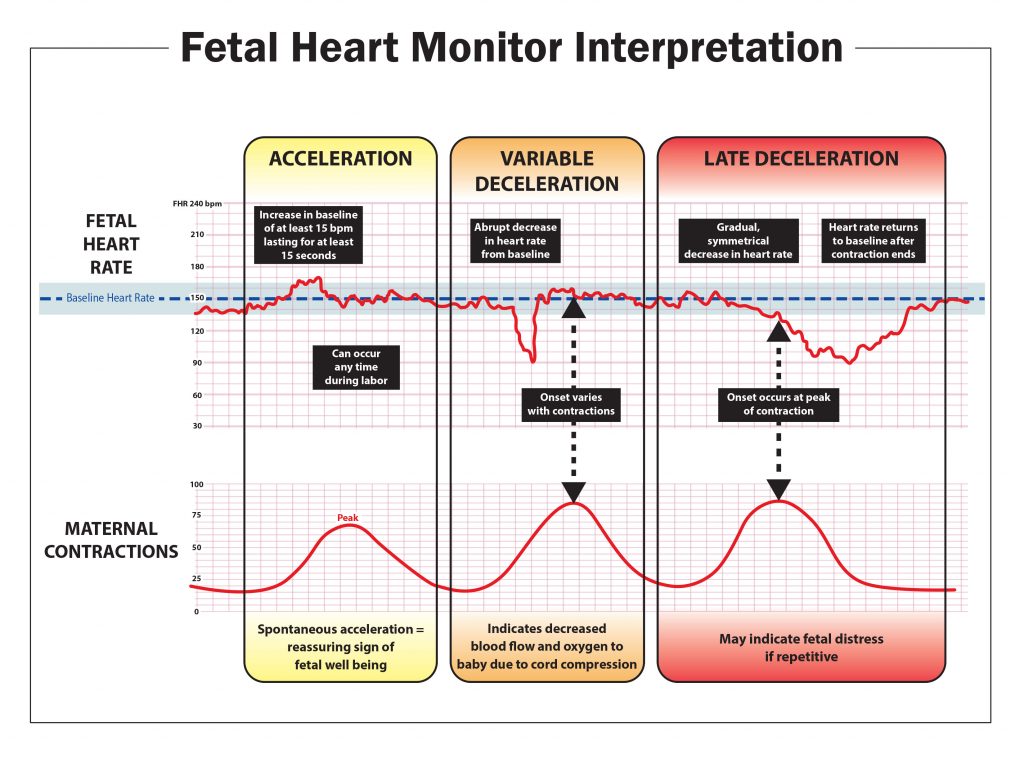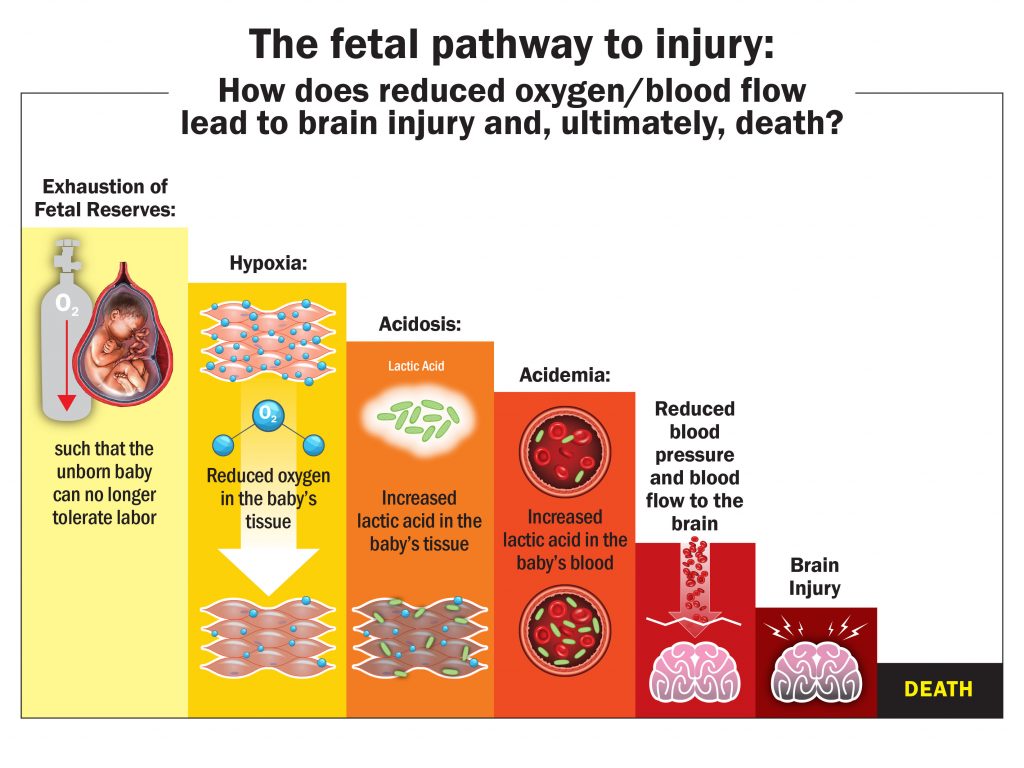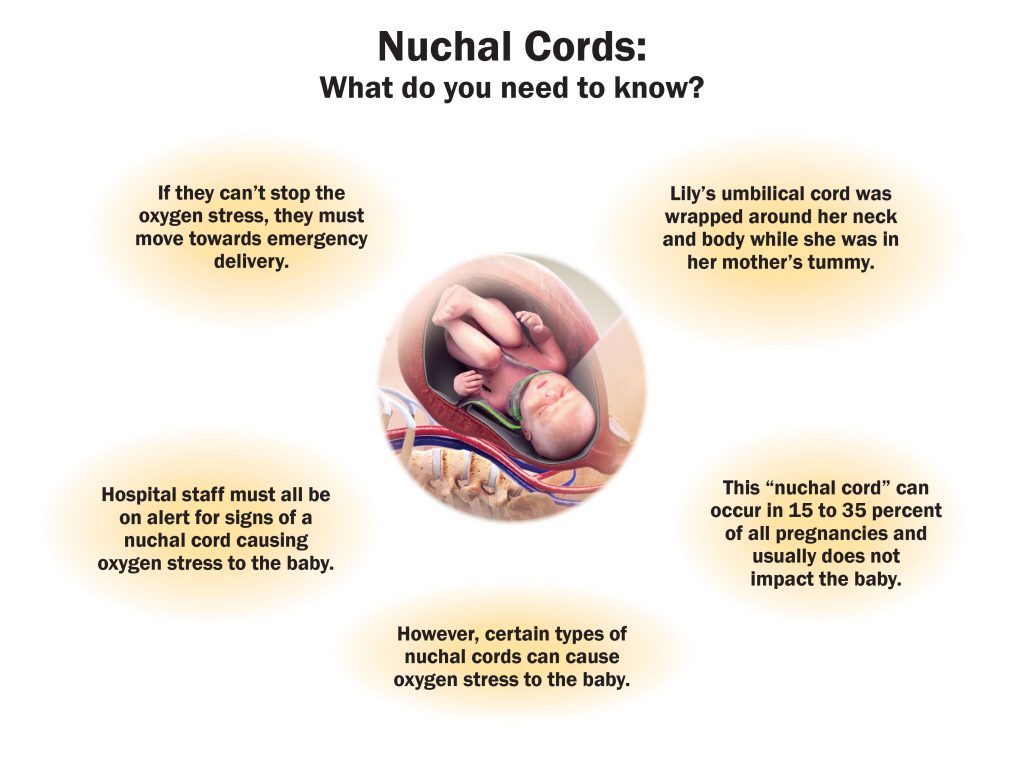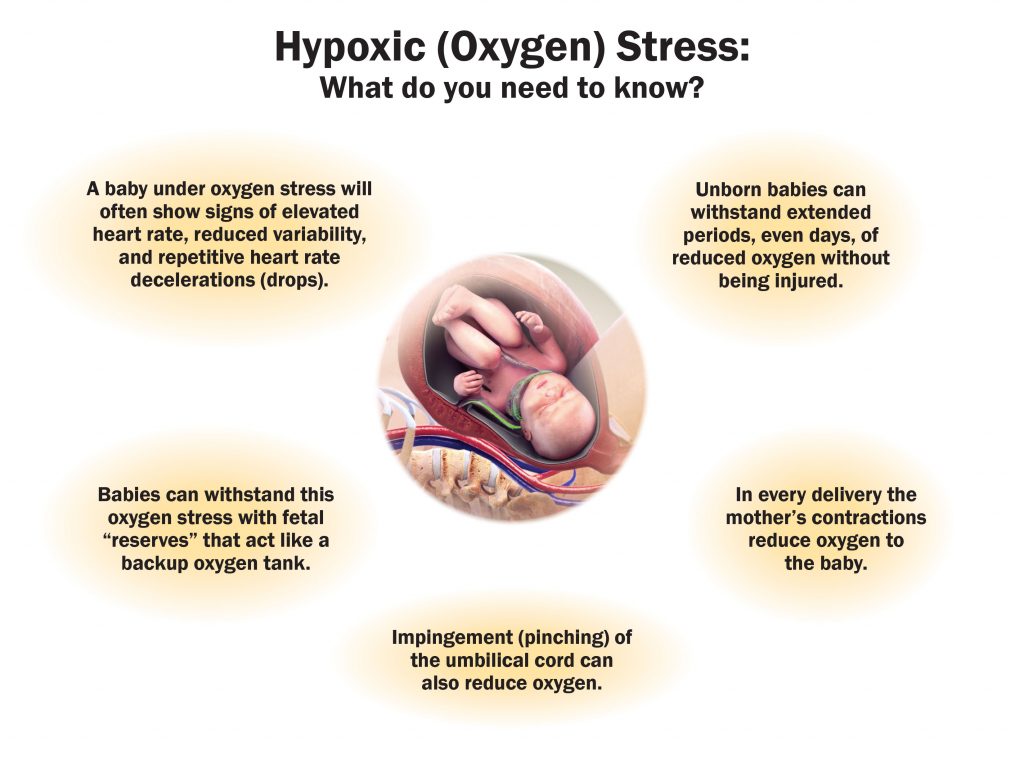As often as traumatic brain injuries occur–approximately 2.5 million per year, according to the Centers for Disease Control and Prevention–they are still considered somewhat mysterious. Traumatic brain injuries, which occur when one’s brain is damaged by a violent blow or shock to the body or the brain, can cause strange, unexplained symptoms both physically and psychologically. And yet, the technology for detecting, treating, and getting to the root of traumatic brain injuries is lacking. In an article published on Forbes Magazine’s website earlier this year, Jean Case, who works with the Case Foundation in working with nonprofit organizations that research brain disease, wrote about nonprofit innovations in researching concussions and traumatic brain injuries.
“What isn’t well understood is that if your son or daughter gets injured on the field of play today, chances are pretty good that the same subjective diagnostic procedures they would use to try to determine if there are signs of concussion are the very same procedures they might have used on the sidelines 40 or 50 years ago,” Case writes, referring to sports injuries, which are a common cause of traumatic brain injuries. In her article, she describes the urgency of finding new approaches to treating brain injuries and brain diseases. To successfully do so, she posits, “we need ‘all oars in the water.'” This can be done through the continuous work of organizations in the nonprofit, private, and public sector.
Case described the “Head Health Challenge” as an example, in which GE and the NFL created a $20 million competition to “speed diagnosis and improve treatment for mild traumatic brain injury.” GE and the NFL have since announced the winners, which include Brainscope, a company that is researching new ways to detect traumatic brain injuries–a critical issue that has proven problematic. Brainscope proposes developing a disposable headset and mobile handset that can measure brainwave activity to detect a “level of potential concussion or TBI.” With Brainscope’s tool, clinicians can quickly assess what care they must provide to traumatic brain injury patients.
With companies like the ones Case mentions increasingly becoming backed by large companies, we can look forward to significant developments in brain injury detection and treatment.
If you or a loved one has suffered a traumatic brain injury as the result of someone else’s negligence, such as a rear end collision, call us for help. We will talk to you and review your case for free. The Tyrone Law Firm specializes in representing those who have suffered a devastating injury, such as traumatic brain injury resulting from the negligence of another. Our personal injury firm here in Atlanta has a very successful record of trying such cases.
Nelson Tyrone handles Brain Injury, Spine Injury and RSD/CRPS cases throughout the United States. He involves only the top medical, rehabilitation and life-care plan experts in the field. His results on behalf of clients include several of the largest settlements and verdicts on record.
You can reach us at 404-377-0017 or via email at admin@tyronelaw.com. If we can’t help you, we will do our best to put you into the hands of lawyers who can.
Additional Resources
“
